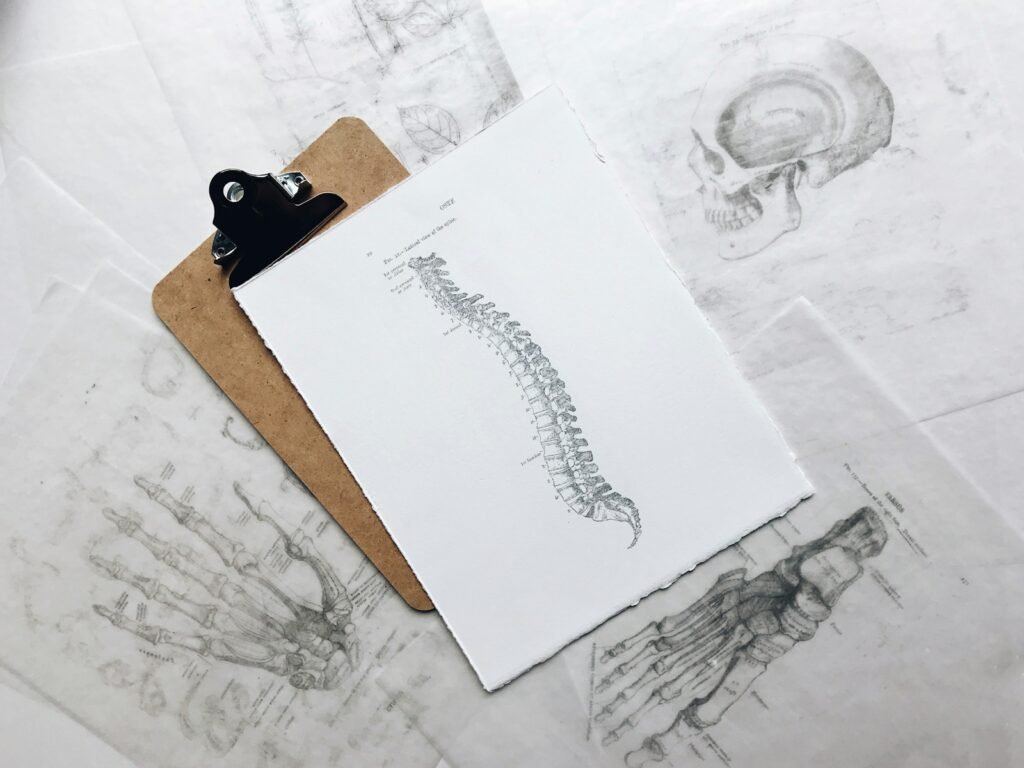Posture can significantly affect mental health. Adopting an upright posture may increase positive affect, reduce fatigue, and decrease self-focus in individuals with mild-to-moderate depression. It can also enhance mood, increase arousal, and boost self-esteem while reducing fear and using negative emotion words. Furthermore, good posture is associated with higher self-esteem, less social fear, and fewer negative emotions.
Studies have shown that a slumped or stooped posture can activate or maintain a negative mood. Conversely, sitting or standing upright can lead to more effective mood recovery and regulation. This relationship between posture and mood is supported by embodied cognition, which suggests that bodily states can influence mental states.
Maintaining good posture contributes to physical health and plays a crucial role in mental well-being. It influences emotions, stress levels, and overall mental health.







